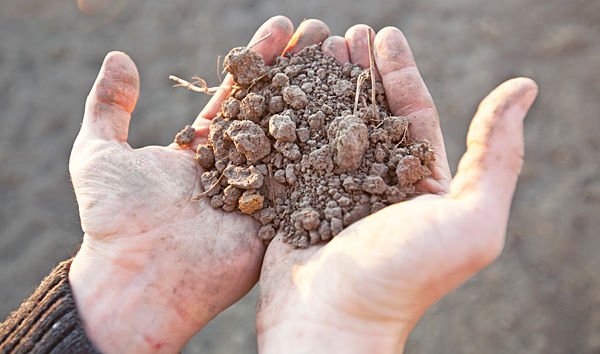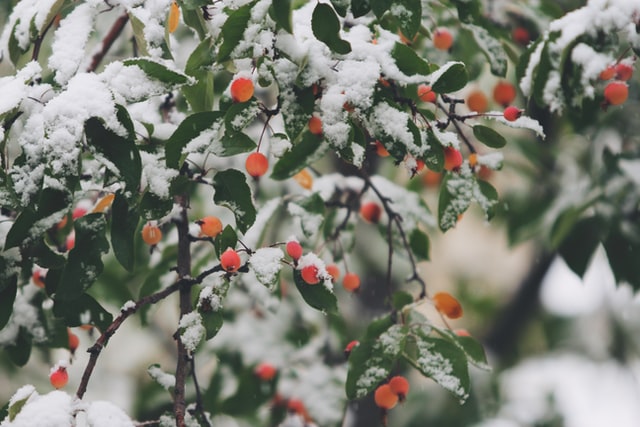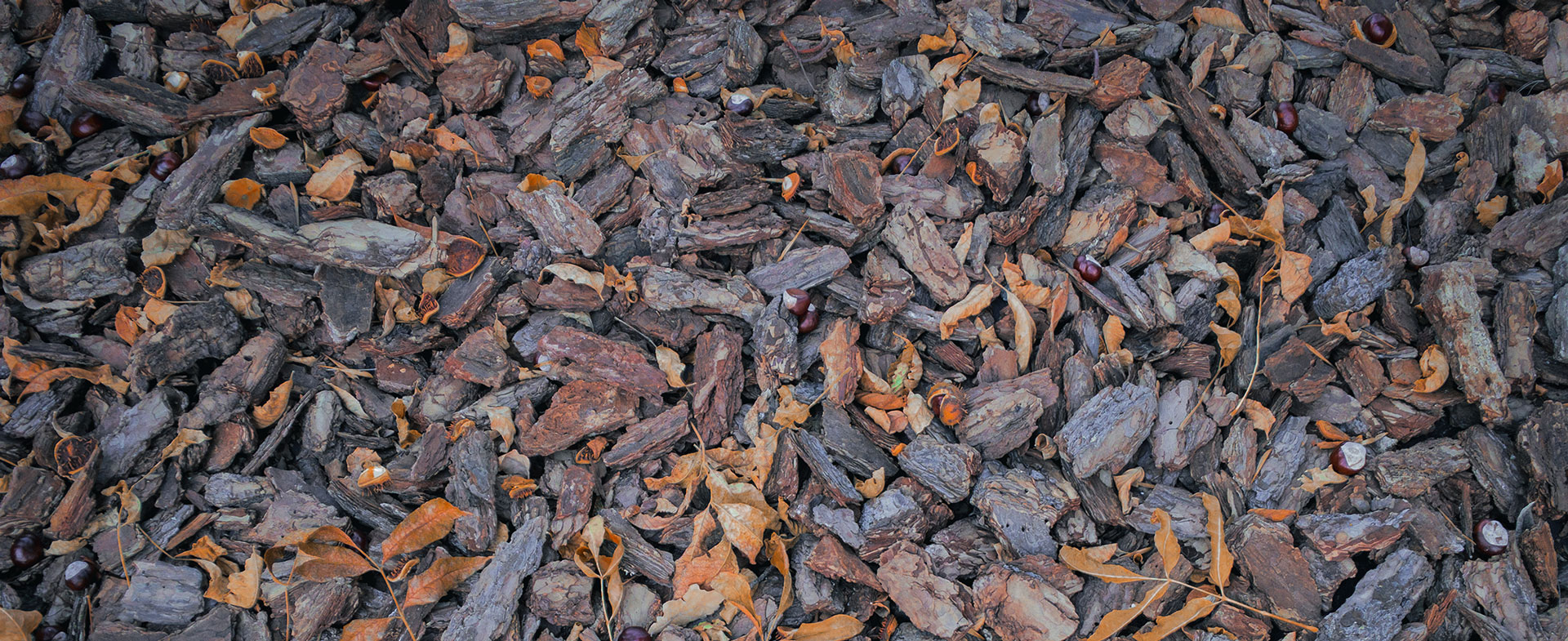Top blog articles
With fall rapidly turning into winter, it’s time to get your yard ready for the dropping temperatures — for preparing the garden for winter season. Keep in mind that how you protect your yard during winters will lay the seeds of success for the next year’s garden.
By taking care of some basic tasks such as nourishing your garden, mulching, and removing weeds, you can save yourself time and energy next spring. If you take out time to prepare your garden in the fall, much before a light frost occurs, you can begin your planting season in the spring on a great note. Here are some useful tips and tricks for preparing a garden for the winter season.
Pull out all the diseased plants
Not all rotting plants add nutrients to the soil. Plants that show any sign of a disease, pests, or funguses should be removed immediately. You can leave the rest of your spent crops as they are. They will provide protection for the soil — even reducing soil erosion. And of course, provide homes for pollinators who work all through the winter season.
Remove the invasive weeds
Weeds like bindweed or the Himalayan blackberry need to be dealt with. You can either dig them up or smother them by covering them with tarps or garden cloth.
There’s no point in keeping them as a compost pile or in a weed heap for they remain viable even there and may sprout all over again — disrupting the next year’s plants, flowers, or vegetables.
Read more: Are ants a problem in vegetable gardens
Test your soil

Autumn is a great time to find out if your gardening soil needs nourishment. You can do soil testing and see what it lacks. Testing will tell you the pH level of your soil — whether it’s acid, alkaline, or neutral. Keep in mind that fortifying the soil after a long growing season will help to balance and strengthen it for the next spring planting.
Repair your soil for spring
Based on the pH level of your soil, you can use additives to enrich your soil. You can add soil manure, compost, or organic fertilizers such as bone meal, kelp, and rock phosphate. The nutrients generally get time to break down before beginning to enrich your soil.
Once you’ve added the nutrients, you can mulch your soil to prevent the winter rains from washing away the amendments. And, during early spring, you can remove the mulch before planting new flora or vegetation.
Use plant cover for your crops
You can sow row cover crops such as rye, vetch, or clover approximately one month before the first frost. These crops have a lot of benefits. Apart from preventing soil erosion, they help break up compacted areas, add nutrients, help the soil draw carbon from the atmosphere into the soil, and increase the levels of organic matter in your garden beds. Moreover, if you plant legumes, they can increase the nitrogen levels for your garden vegetables.
Carefully prune the perennials

Use this time to trim the perennial garden plants that benefit from fall pruning. Some examples are roses, fennel, vegetables such as asparagus and rhubarb, and garden herbs such as rosemary, thyme, and sage. You can leave out blueberries or raspberry canes that nourish the plant’s crown way into the winter.
Avoid cutting back perennial flowering plants that are covered in seed heads.
Replant bulbs at a good distance
Fall is a good time to dig up plants that were crowding during the growing season and replant them at a good distance from each other. For example, plants such as daffodils, tulips, and crocuses can be easily replanted in another part of the yard for another year.
Add compost
Make a batch of fall compost — all the while insulating it against the winter chill. Add lots of autumn leaves, straw, sawdust, kitchen scraps, and other green matter into your compost bin or a pit. Make use of the rich compost to nourish your organic garden beds, repair deficient soils, and fertilize your lawns or landscaping.
Ensure mulching

Mulching reduces water loss, protects the soil from erosion, and inhibits invasive weeds. Most importantly, mulching helps prevent the freezing and thawing of the ground to a large extent — a cycle that can adversely affect your fall garden plants.
Basically, the layer of mulch helps to regulate soil temperatures and moisture levels — acting as a buffer against hard frosts. And of course, when the mulch breaks down, it adds fresh organic material into your gardening soil.
Review your plant performances in the last growing season
If some of the varieties of fruits and vegetables did not perform adequately, you may need to consider replacing them with a better variety. This is especially a good idea when it comes to your vegetable garden. Also make sure that the soil fertility, moisture levels, and plant health are exactly how they should be.
Read more: Winter indoor plants
Clean and oil your garden tools
Give your yard tools the attention they deserve. After all, they’ve done more than their bit during the busy growing season. Wash the tools to remove the dirt and debris. Remove any rust with sandpaper or a wire brush. You can sharpen the blades of tools such as hoes and shovels by using a mill file. Pruners can be sharpened with a whetstone.
Use an oiled rag coated in light machine oil and rub against your tools’ surfaces. That way, you can seal the metal from oxygen — extending their lifespan.
Repair and make improvements
If you see signs of any damage in your garden, now is the time to make improvements. For example, you may want to replace any rotting wood in your raised garden beds, repair trellises, repair the garden fence, or check your sprinkler system.
Read more: Ants in house in winter
Last thoughts
Just like home maintenance, your yard too needs your attention. Especially before winter hits and the ground freezes. Preparing the garden for winter will not only help protect your plants, it will also ensure that the next year’s gardening season is super successful.
Read more: Garden maintenance tips for gardeners










Your opinion matters, leave a comment
Comments
It’s amazing that there are so many things to do to prepare your patio for winter, I didn’t even do half of what you mention, thanks